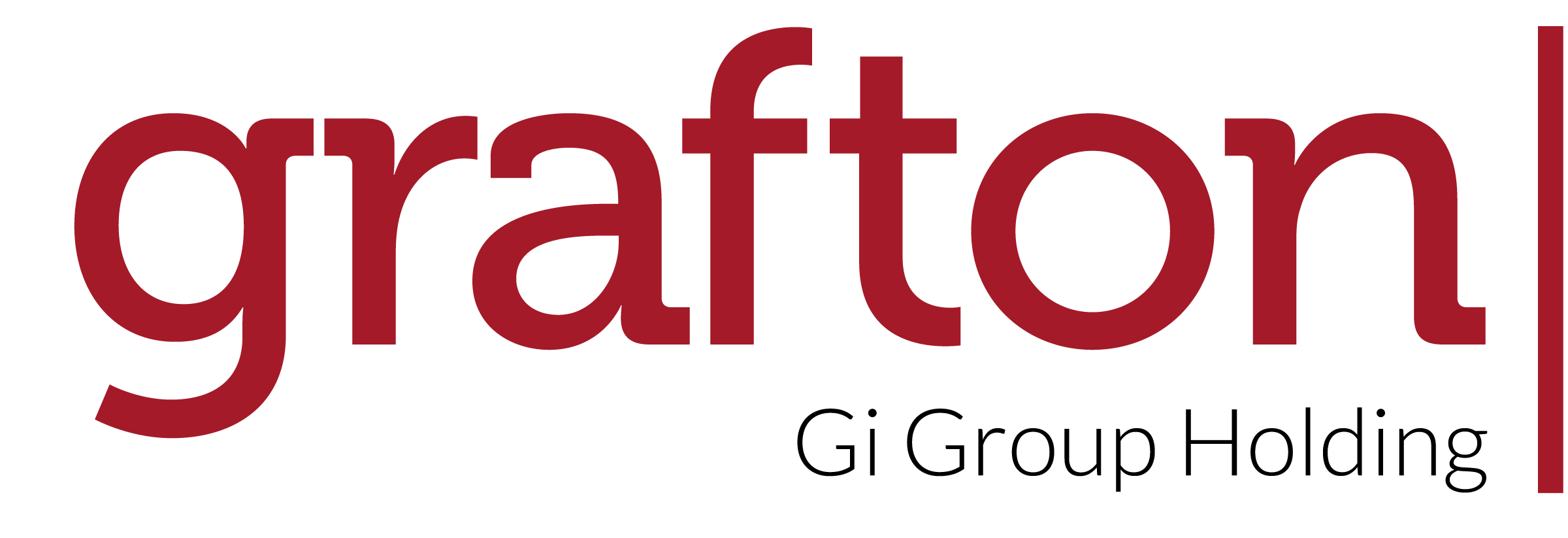CVO Recruitment un Simplika kļuva par Grafton Latvia. Atrodi jaunas karjeras un partnerības iespējas ar Grafton! Lūdzu, uzgaidiet, jūs tiksit novirzīts uz mūsu jauno lapu.
CVO Recruitment and Simplika became Grafton Latvia. Find new career and partnership opportunities with Grafton! Please wait, you will be redirected to our new page.

